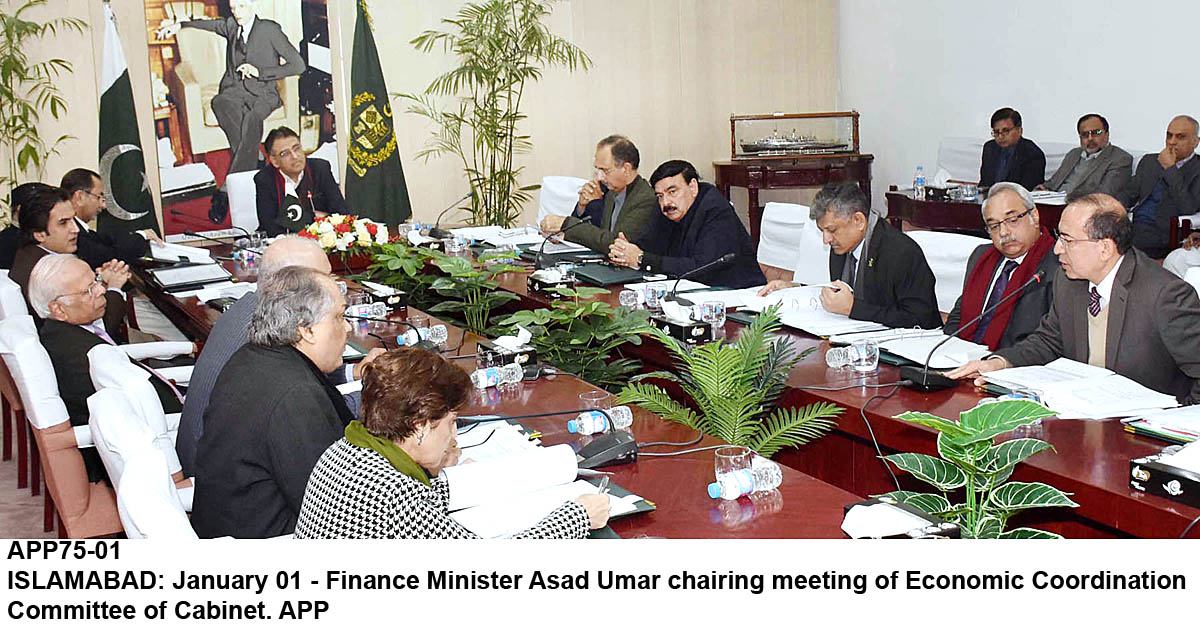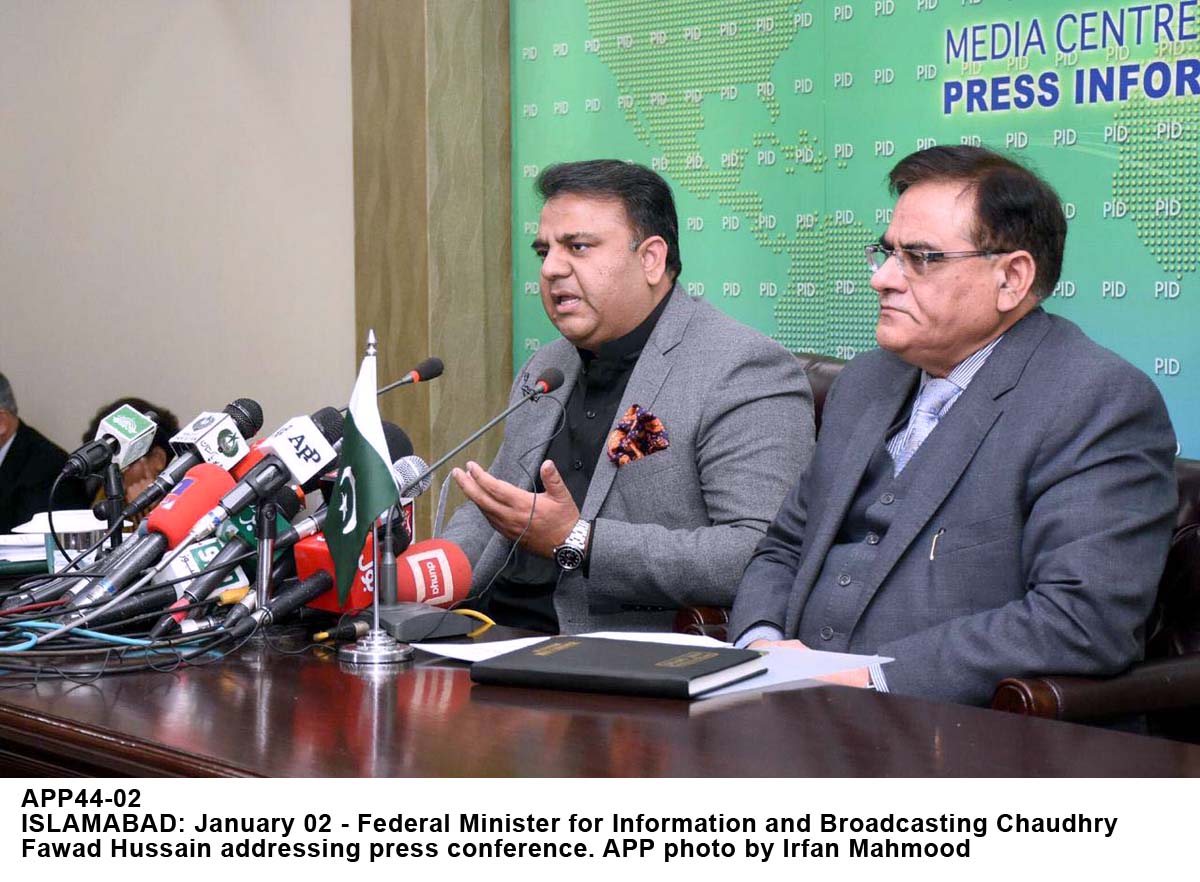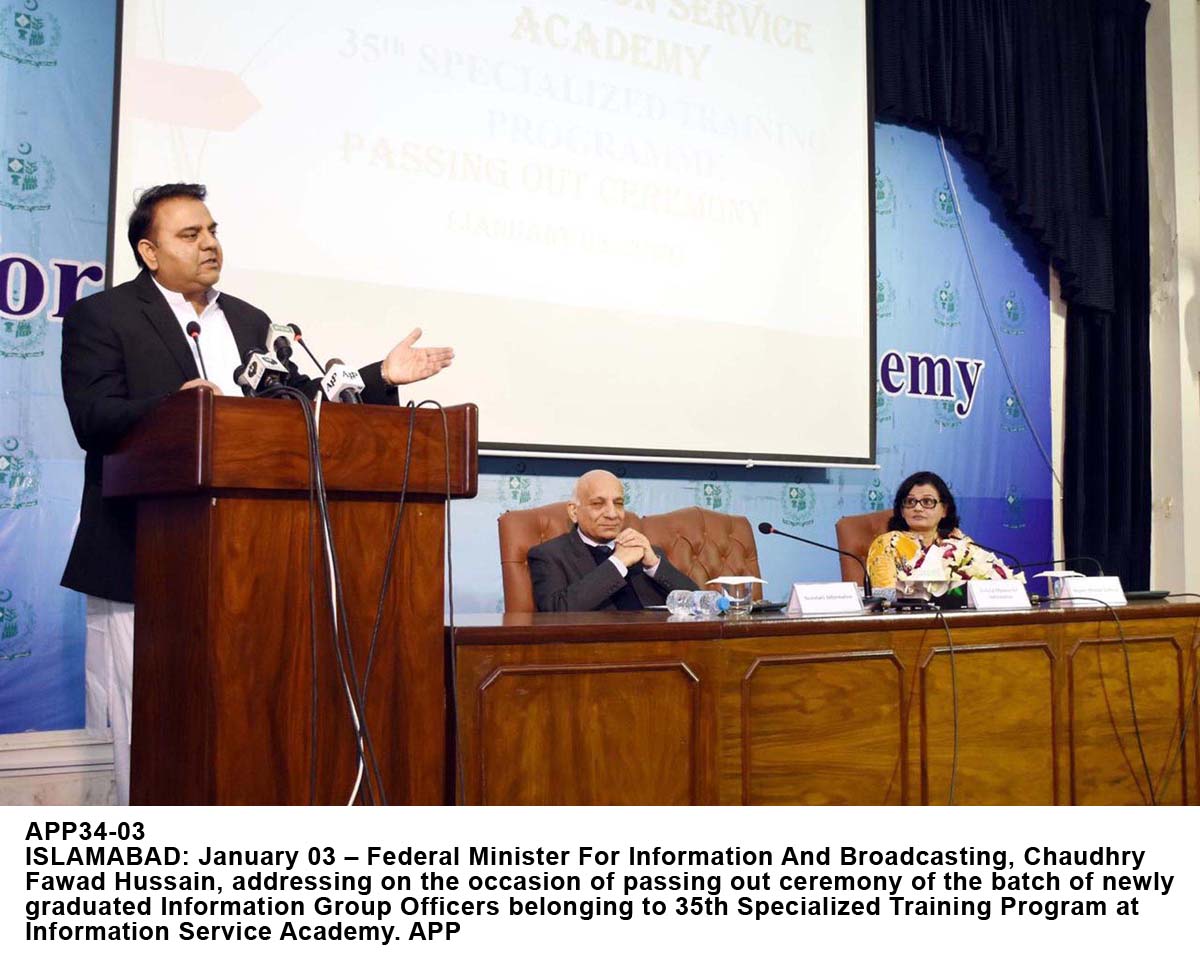Chairperson NA Standing Committee on Climate Change Munaza Hassan has said that the PTI’s government is fully cognizant of the issues being faced by the climate change induced migrant population. She said that a number of steps have been taken including Billion Tree Tsunami that is providing employment opportunities including for the women even amidst Covid19.
She said this while sharing her thoughts with the participants of online dialogue ‘Gender and climate change: Challenges for climate induced migrants amid COVID-19’ organized by the Sustainable Development Policy Institute (SDPI) here on Thursday.
Ms Hassan said that Covid19 pandemic is not only affecting women but whole families and the government has taken a number of steps to support the most vulnerable families including the population that has to migrate from their native areas due to climate change impacts. She said that the Green Stimulus Package introduced by the government is also resulting in the job creation, including for the women. The law on women’s right to inheritance would contribute into women’s empowerment cause, especially in the rural areas, she added.
Harjeet Singh, Global Climate Lead, Action Aid, highlighted the global perspective of the issue and informed the participants that there have been 33.4 million new migrations taken place in the year 2019 globally that were induced by the climate change.
He said that women, children and elderly as well as persons with disability and the poorest of the poor are always left with less option for the migration and hence, trapped in the vulnerability. He said that the safety and security of women during emergency situations gets further jeopardized and the governments should address this issue by incorporating it in the relevant policies.
Md Shamsuddoha, Chief Executive, Center for Participatory Research and Development (CPRD), Bangladesh, while linking pandemic with gender and climate changed induced migration said that covid19 has hit this segment of society in worst terms. He said that migrants after the arrival of the pandemic are facing temporary unemployment and thus, their socio-economic vulnerability has been increased further.
He said that the climate change induced disasters render women more prone to violence, sexual abuse, trafficking and violation of their basic rights. He said that local resilience building is the best option to respond this critical issue and local areas should be focused in the policies.
Kashif Majeed Salik, Associate Research Fellow at Sustainable Development Policy Institute (SDPI), was of view that women have to bear the additional burden when left behind in their areas in the cases of climate change induced migration. He said that the emergency situation impact women’s health in worst term for their restrained access to food, water and healthcare facilities.
Earlier, Maryam Shabbir, Project Coordinator at SDPI, presented an overview of the situation of the climate change migration and the gender aspects of the issue. She said that Covid19 is resulting as additional impact to migrant communities, especially on women and girls.













